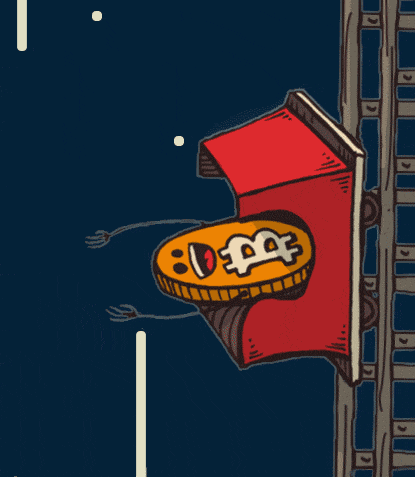US President Donald Trump has announced a 90-day suspension of mutual tariffs in most countries. This excludes China, where tariff rates have risen from 104% to 125%. The move marked a shift from his previous stance on high tariffs. Trump said in his true social post that the suspension only applies to countries that do not retaliate. During this period, a 10% customs duties will be fully in effect.
Trump’s decision comes just hours after market speculation, and China imposed a previously announced 34% to 84% tariffs on US goods. The China State Council Committee called the US actions “a mistake” and accused Washington of violating international trade norms. Trump responded by replied that China’s actions on global markets were unacceptable and that unfair trade practices must be ended.
Following the announcement, Wall Street has recovered. The S&P 500 rose 8.51%, with the Dow Jones industrial average rising 7.27% and the Nasdaq rising 10.77%. Investors who saw their shares fall more than 12% four days after Trump’s first tariff plan on April 2 responded positively to the suspension. The Volatility Index (VIX), which surged above 60 on April 7, fell to 34.54 by the end of trading on April 9, indicating that uncertainty has decreased but still is on the rise.
Cryptocurrency has also been added to the rebound. Bitcoin jumped from $75,000 to $82,000, while Ethereum rose from $1,400 to $1,600, promoting broader market optimism and new risk appetite.
Treasury Secretary Scott Bescent said the suspension has always been part of Trump’s broader strategy and called timing “courage.” He and Commerce Secretary Howard Lutnick were with Trump when the announcement was made. Bessent added that countries that do not retaliate will “reward” and that Trump will personally be involved in further trade talks. However, US trade representative Jamieson Greer told Congress he had not been informed of the suspension in advance, but he knew it was a possible development.
China’s response, including a pledge to reduce US dependence on products and reduce support for domestic consumption, has shown an willingness to escalate the conflict. Cornell University’s Wendong Chan pointed out that Chinese leaders have more public support this time than during the 2018-199 trade war.
The economists remained cautious. Joe Brusuelas of RSM US warned that the suspension would only slow the possibility of a recession, citing the ongoing shock to the economy. Goldman Sachs has stabilized its 45% recession forecast. Jake Colvin of the National Council of Foreign Trade said the suspension was a positive step, but noted that the 10% baseline tariff is still there and will continue to be mandated along with sudden obligations such as iron, aluminum and automobiles.
Trump ended his message with “This is the best time to buy!!! DJT.” I referred to his own media company.

